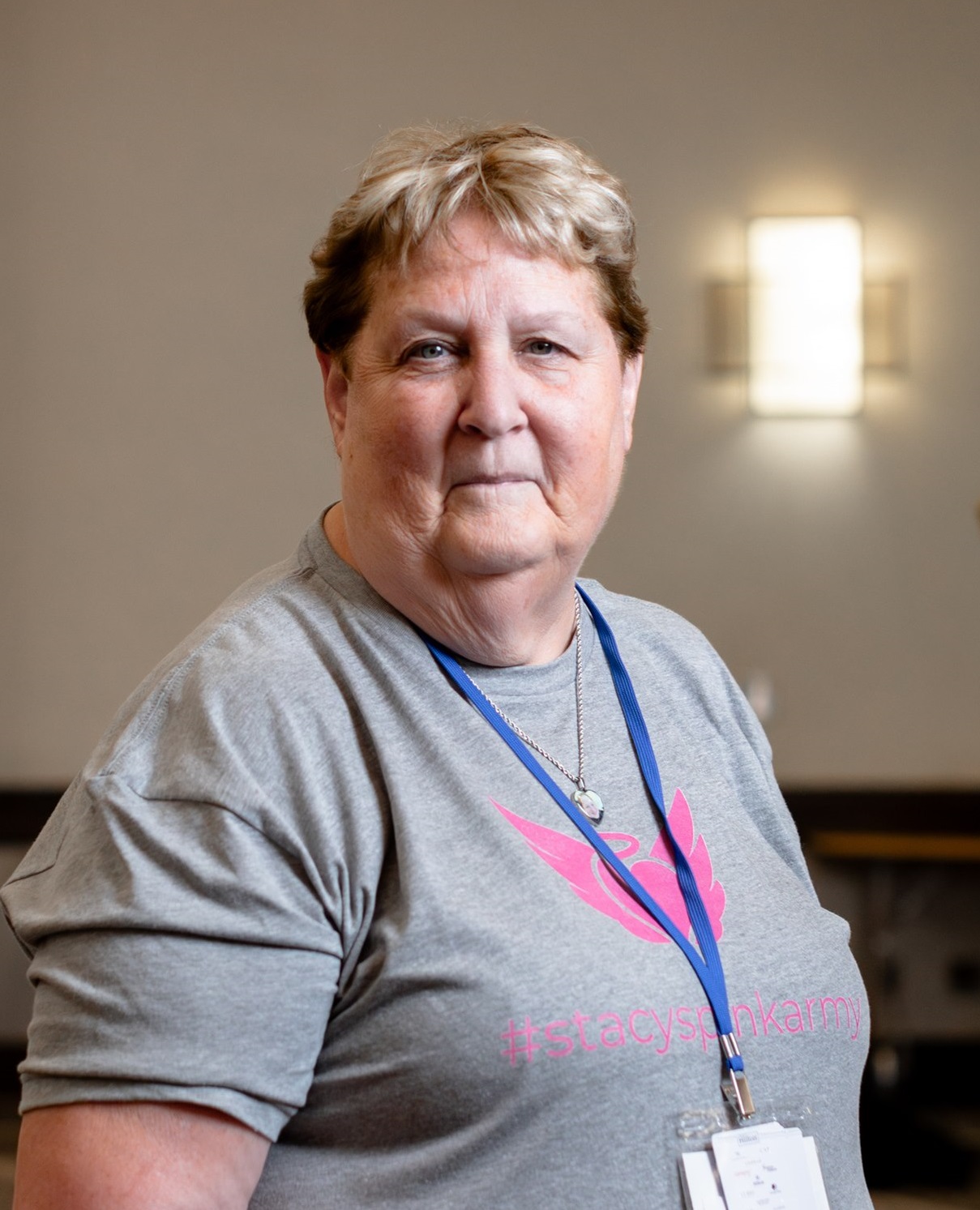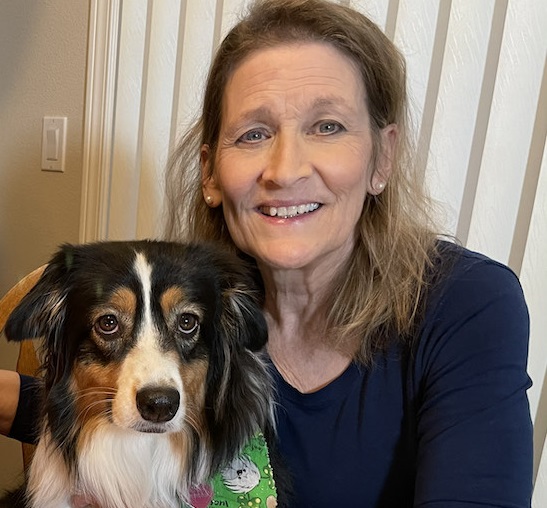A brief description of Pediatric Palliative Care, Perinatal Palliative Care and Pediatric Hospice Care
Pediatric Palliative Care
Palliative Care is often recommended for newborns with trisomy 18 or 13 who are able to be discharged from the hospital to home. Palliative care focuses on patient comfort but also allows interventions such as therapies, treatments and surgeries. However, cardiac repair for those with trisomy 18 or 13 will likely not be approved. Many healthcare providers are unaware of survivors with these syndromes which might affect their advice to parents. It is important to ask those taking care of your child if they are aware that 5-8% of these children survive their first year. Palliative care helps parents with decision-making about care for their child with a life-limiting diagnosis. It can begin early in a diagnosis and extend for years.
Perinatal Palliative Care
Perinatal palliative care (PPC) is consultative for expectant mothers who choose to continue their pregnancy after learning the expected baby has a life-limiting diagnosis. PPC helps families with making choices about the birth and end of life care. A birth plan is created to also include parents’ wishes about care and interventions, if their baby survives birth. Survival statistics for trisomy 18 and 13 will likely encourage guidance to anticipate loss but it is crucial that care providers also allow hope for the predicted small possibility of survival.
Pediatric Hospice Care
Hospice care is for those considered to be in their last 6 months of life as determined by their physician. Many physicians do not expect those with trisomy 18 or 13 to survive and referral to Hospice is common for these infants, and also for survivors with these disorders who are not doing well. Hospice provides only comfort care to ease symptoms, but no interventions for a cure. Hospice also provides emotional and spiritual support to families.


































Recent Comments